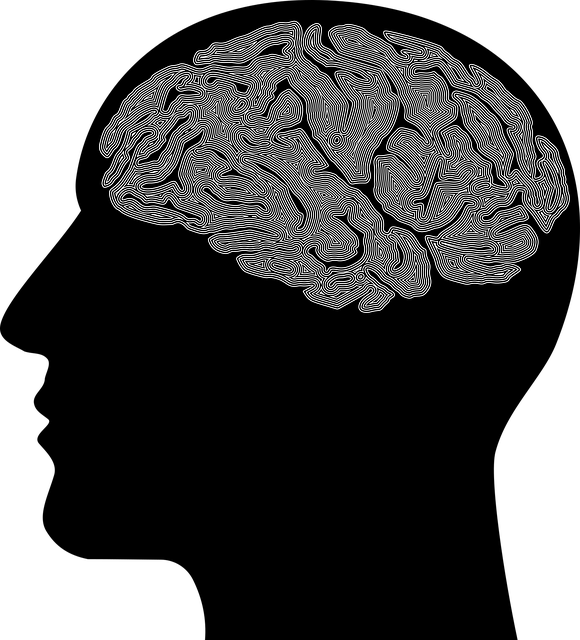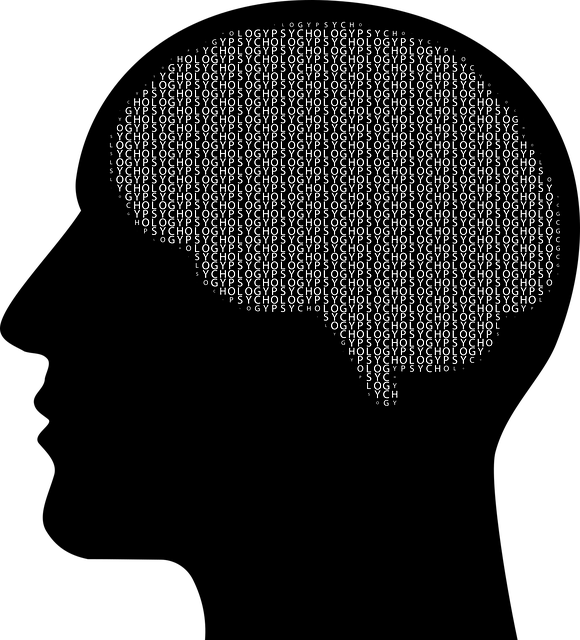Mental Health Crisis Hotlines in Colorado Springs provide vital support for individuals experiencing acute emotional distress, offering confidential conversations with trained professionals and specialized services like functional neurological disorder (FND) therapy. These hotlines stabilize individuals using active listening, emotional support, and stress reduction techniques, referring them to longer-term healing processes such as therapy, counseling, or community-based services. They offer anonymous, non-judgmental spaces that help rebuild confidence and resilience among those facing mental health issues. Colorado Springs FND therapy focuses on empowering individuals through evidence-based treatment, promoting self-esteem, empathy, and resilient coping mechanisms for holistic healing and long-term well-being.
“In today’s fast-paced world, mental health crisis hotline support services play a pivotal role in assisting individuals navigating intense emotional distress. This article explores the critical function of these hotlines, with a specific focus on Colorado Springs Functional Neurological Disorder Therapy, offering specialized care. We’ll delve into understanding common mental health crises and how hotlines provide immediate assistance. Additionally, we’ll guide readers through accessing support effectively, emphasizing the importance of early intervention. By understanding these services, we can foster a culture of support for those in need.”
- Understanding Mental Health Crisis Hotlines
- The Role of Colorado Springs Functional Neurological Disorder Therapy
- Accessing and Utilizing Support Services Effectively
Understanding Mental Health Crisis Hotlines

Mental Health Crisis Hotlines serve as vital resources for individuals experiencing acute emotional distress or a sudden onset of mental health challenges. These dedicated phone lines provide immediate support, offering confidential conversations with trained professionals who can offer guidance, assess risks, and connect people to appropriate local resources. In Colorado Springs, for instance, functional neurological disorder therapy is among the specialized services available through these hotlines, catering to diverse mental health needs.
Understanding the severity and urgency of a mental health crisis, these hotlines employ various techniques such as active listening, emotional support, and stress reduction methods to stabilize individuals. They also facilitate the initiation of longer-term emotional healing processes by providing referrals for therapy, counseling, or other community-based services. Moreover, by offering anonymous and non-judgmental spaces, they can help rebuild confidence and resilience in those facing daunting mental health issues.
The Role of Colorado Springs Functional Neurological Disorder Therapy

Colorado Springs Functional Neurological Disorder Therapy plays a pivotal role in addressing mental health crises within the community. This specialized therapy focuses on helping individuals navigate and overcome functional neurological disorders (FNDs), which manifest as a wide range of symptoms, from physical to cognitive impairments. By employing evidence-based practices tailored to each person’s unique needs, therapists foster self-esteem improvement and empathy building strategies, empowering clients to develop resilient coping mechanisms.
Through intensive sessions, patients are guided to explore and understand their experiences, fostering a deeper connection with themselves and others. This holistic approach not only alleviates symptoms but also encourages the adoption of healthy self-care practices, enabling individuals to lead more fulfilling lives. By integrating these strategies into daily routines, those seeking support can gain better control over their mental health, ensuring long-term well-being.
Accessing and Utilizing Support Services Effectively

Accessing support services for mental health crises is a crucial step towards recovery. In Colorado Springs, individuals dealing with functional neurological disorder (FND) can find specialized therapy tailored to their unique needs. This often involves exploring various therapeutic approaches, such as cognitive-behavioral therapy (CBT), which has proven effective in managing symptoms of FND and related conditions like depression. Effective communication is key; sharing personal experiences openly with therapists enables a more targeted treatment plan.
Utilizing support services effectively also incorporates stress reduction methods into daily routines. This can include mindfulness practices, breathing exercises, or engaging in physical activities that promote relaxation. Additionally, building strong social connections and adopting healthy lifestyle habits contribute to overall well-being. For those at risk of or experiencing a depression episode, these strategies can serve as preventative measures, empowering individuals to actively manage their mental health alongside professional support.
Mental health crisis hotlines are invaluable resources, offering immediate support and guidance during challenging times. As demonstrated by Colorado Springs Functional Neurological Disorder Therapy, specialized therapy services play a crucial role in navigating mental health crises. By understanding the available support and learning effective access strategies, individuals can ensure they receive the necessary help promptly. These initiatives contribute to better mental well-being and highlight the importance of community resources in managing crises.














